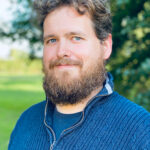Just watch and do nothing – from the days of fieldwork
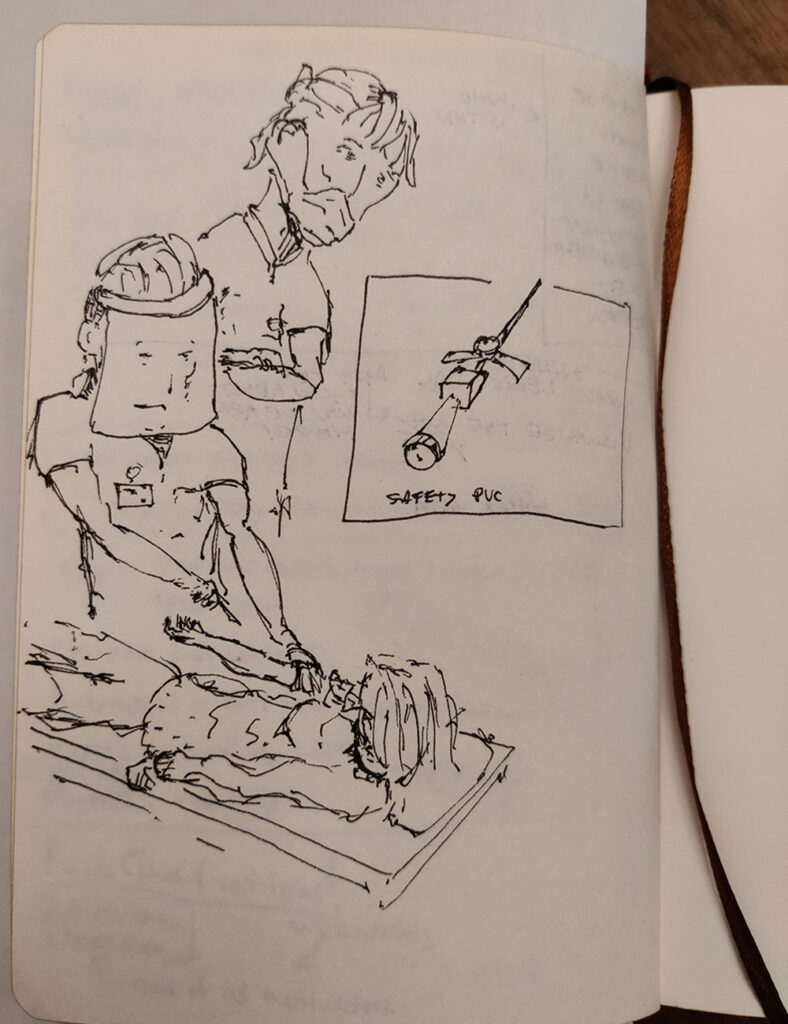
I can see the veins of the patient, and I have a pretty good feeling that I could place an IV in at least one or two of them. Another nurse turns the patient’s arm around a bit. Touches the veins. She gives the doctor a look of resignation and asks her to try instead.
I’ve been a nurse for seven years and I take a bit of pride in being good at placing IVs and a bit more pride in being helpful towards my colleagues. But here I am doing neither, because as a BioMedical Design fellow, my role is to observe things and not actually do things. And that makes a whole lot of sense.
Seeing with the eyes of the beginner
When I was still a nursing student, I became aware of a well-known paradox in healthcare: New healthcare workers are often the ones who are most able to see what systemic problems a hospital ward has. Yet they are also the least likely to be able to change things. I experienced this paradox myself.
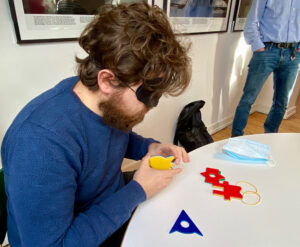
Accepting the system
When I just started working as a nurse I questioned even the simplest things like how we measure vital signs. But after a couple of months I became blind to problems – working in the system every day is really hard if you don’t start accepting it. And after working in a place a couple of years, I’ve found myself being the person inadvertently explaining the optimism out of my new colleagues with tales of why things are the way they are.
A chance to improve things
So, when I was accepted to the BioMedical Design fellowship, I was excited to try and get back to seeing things with new eyes – but this time, with the expressed goal of improving healthcare. The first part of the fellowship was partly about getting into a mindset of the BioMedical Design process, and partly about getting to know the other fellows.
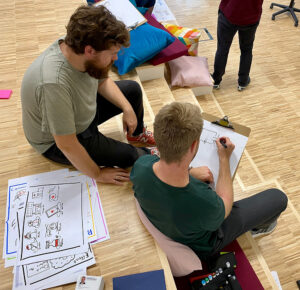
Not acting, just watching
This second part has been about making observations in healthcare so we can find out what needs the hospital has. So, while holding myself back from offering my help to other nurses takes some willpower, the results are valuable. From not doing, I was able to observe the process through which a failed attempt at placing an IV led to a long delay for a procedure and engaged two nurses, one doctor and a nurse anaesthetist, who was finally able to place the IV.
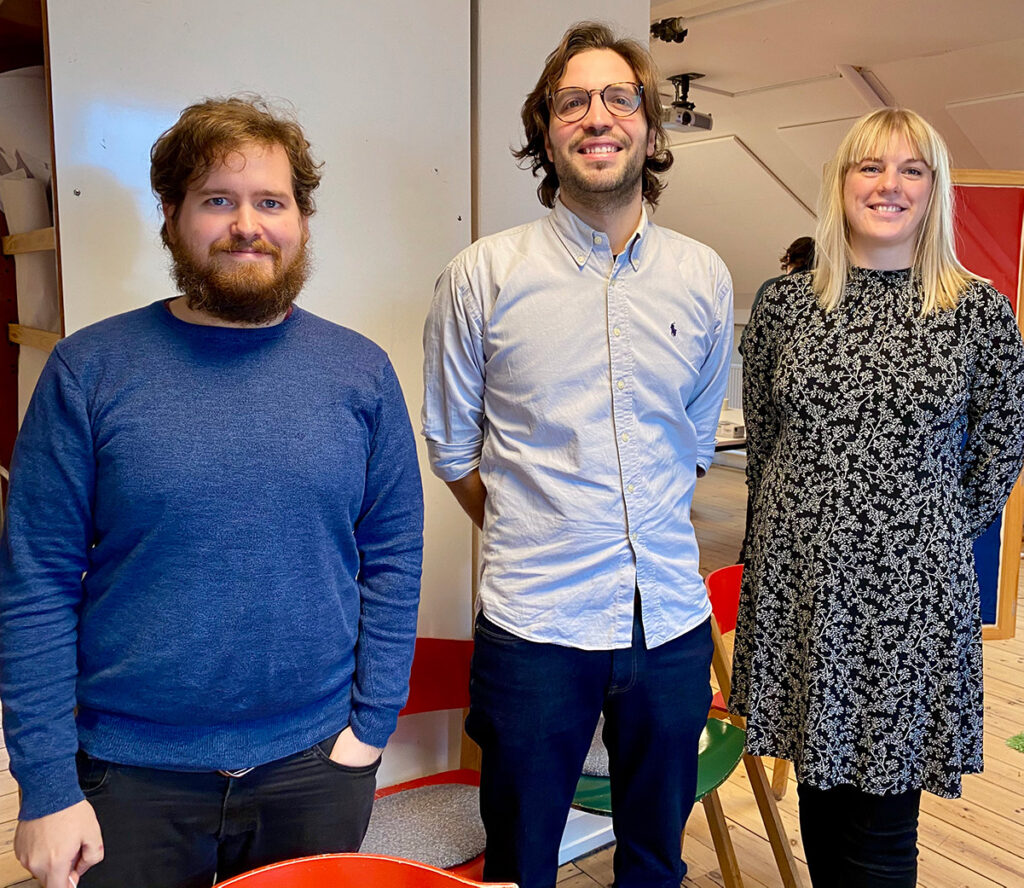
Construction need statements
I’ve come out of this phase of the fellowship with 40 pages of observations from different parts of the hospital. I’ve observed shifts with doctors, nurses, nurse assistants, cleaning personnel, technicians and more, all the while trying to look for the things that can be improved. Using these observations to develop need statements has been a new exercise for me, but having the other fellows to spar with in this process has been invaluable. After developing these statements, we pitched them to each other. Again, unknown territory for me, but a way to qualify our future work where the statements are the basis for making solutions that satisfy the observed healthcare needs. And also, a sign of things to come when we need to pitch these solutions to healthcare providers in the spring.
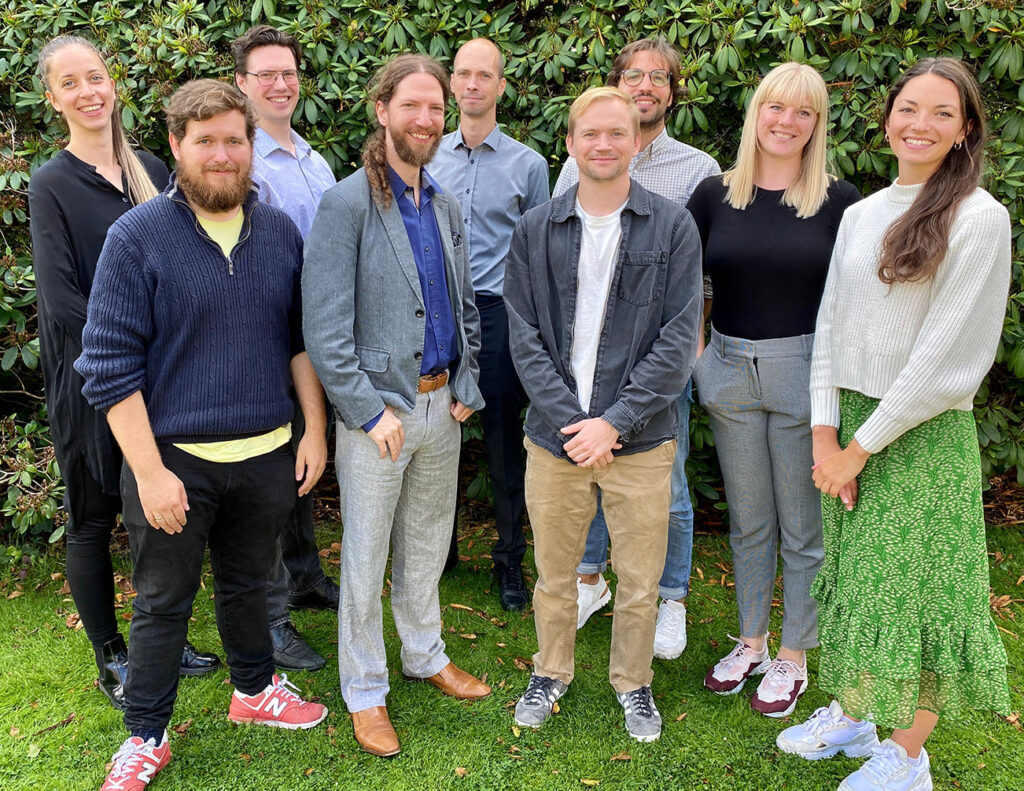
Working towards a common goal
The most amazing thing about the program really is the other fellows. Working towards a common goal of finding ways to improve healthcare, together with people who are really talented in their individual fields is beyond inspiring. Getting to observe and talk to people all through the hospital has been vital for uncovering needs, but I’m really happy that we are at the point now where we are grouping up and going to utilise all these competencies, that we have to solve some of the problems in healthcare!
